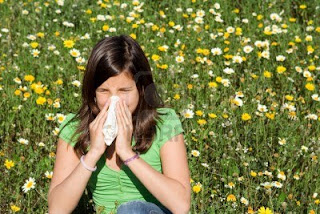The
Chinese and Japanese drink hot tea and hot water with their meals, not cold
water, maybe it is time we adopt their drinking
habits while eating.
For
those who like to drink ice cold water, this article is applicable to you. Whether
it is from habit or you just don’t like the taste of warm water, let me say
that cold water will solidify the oily stuff that you have just consumed and
eaten. It will slow down your digestion.
Once this 'sludge' reacts with the acid, it will break down and be absorbed by
the intestine faster than the solid food.
Over time it will line the intestine and very soon, this will turn into fats
and possibly lead to cancer. It is best
to have hot drinks, like soup or warm water during and after a meal and
throughout the day.
Cold Water and Weight Loss
Drinking
warm/hot water will aid weight loss for this exact same reason. It will also
help you detox and clean the intestines. When you drink cold water the fats and
food products take longer to digest, and the older you are the harder it is.
When
you drink warm/hot water if helps to melt the fat lining your intestines
therefore leading to better metabolism and digestion for your intestinal tract.
Therefore you’re able to lose weight faster.
I
ask you this? Do you wash your oily dishes with cold water? NO!
Because
the fats and oils wouldn’t dissolve for the same reason you should not drink
cold water.
You
wash your oily dishes with hot/warm water to dissolve the fats easier, so this
is the same concept with your digestive tract.
Cold
water also makes your muscles cramp up.
Would
you stick you arm in an ice bucket or jump into a cold shower? Or would you
stick your arm into a bucket of warm water or prefer a warm shower? Because
warm water feels better and more soothing.
The
nature of cold is to contract, and warm loosens or relaxes!
Therefore
tight sore muscles feel less tense when you drink warm/hot water. It will aid
circulation and relieve muscle tension far more effectively than COLD water.



